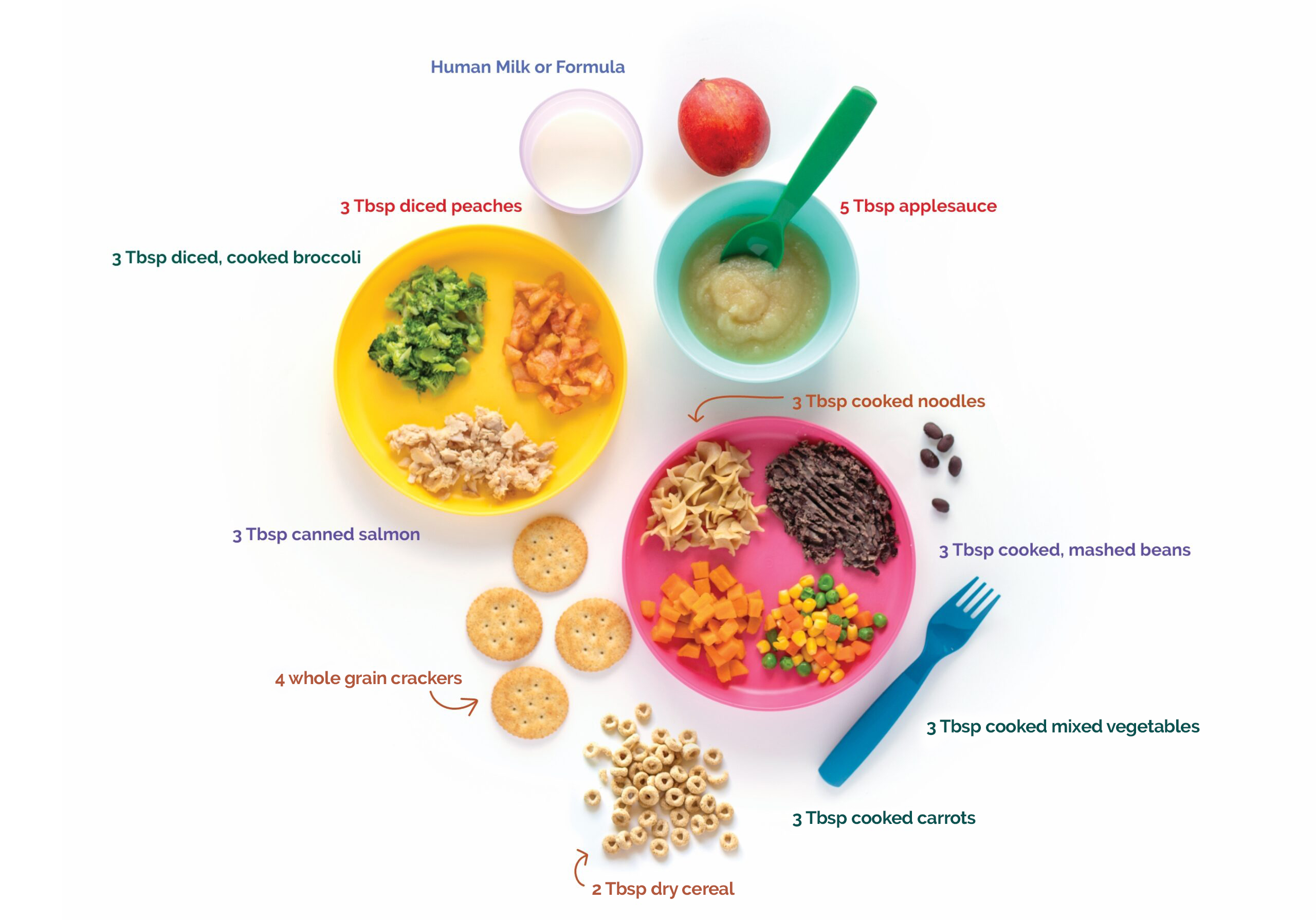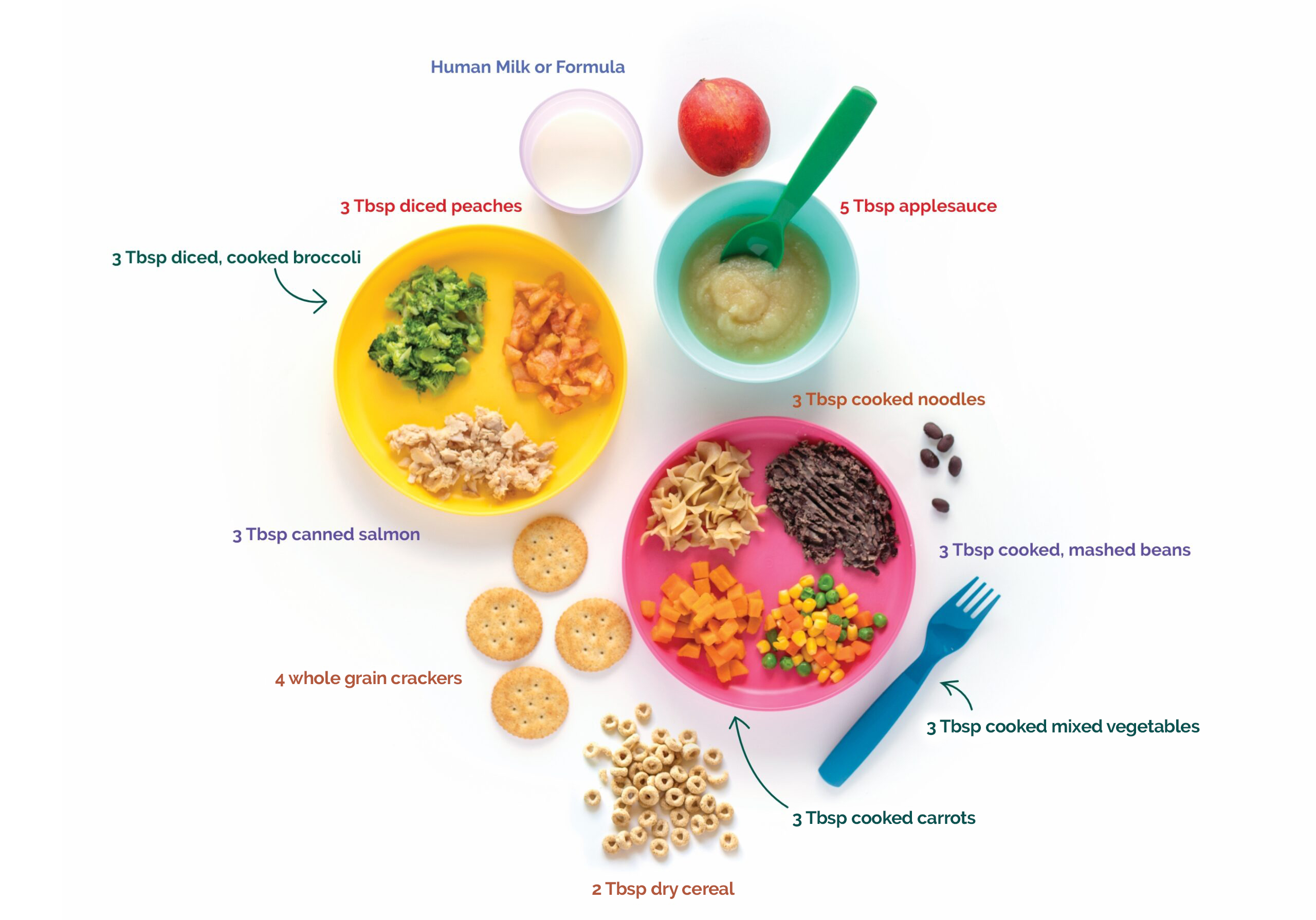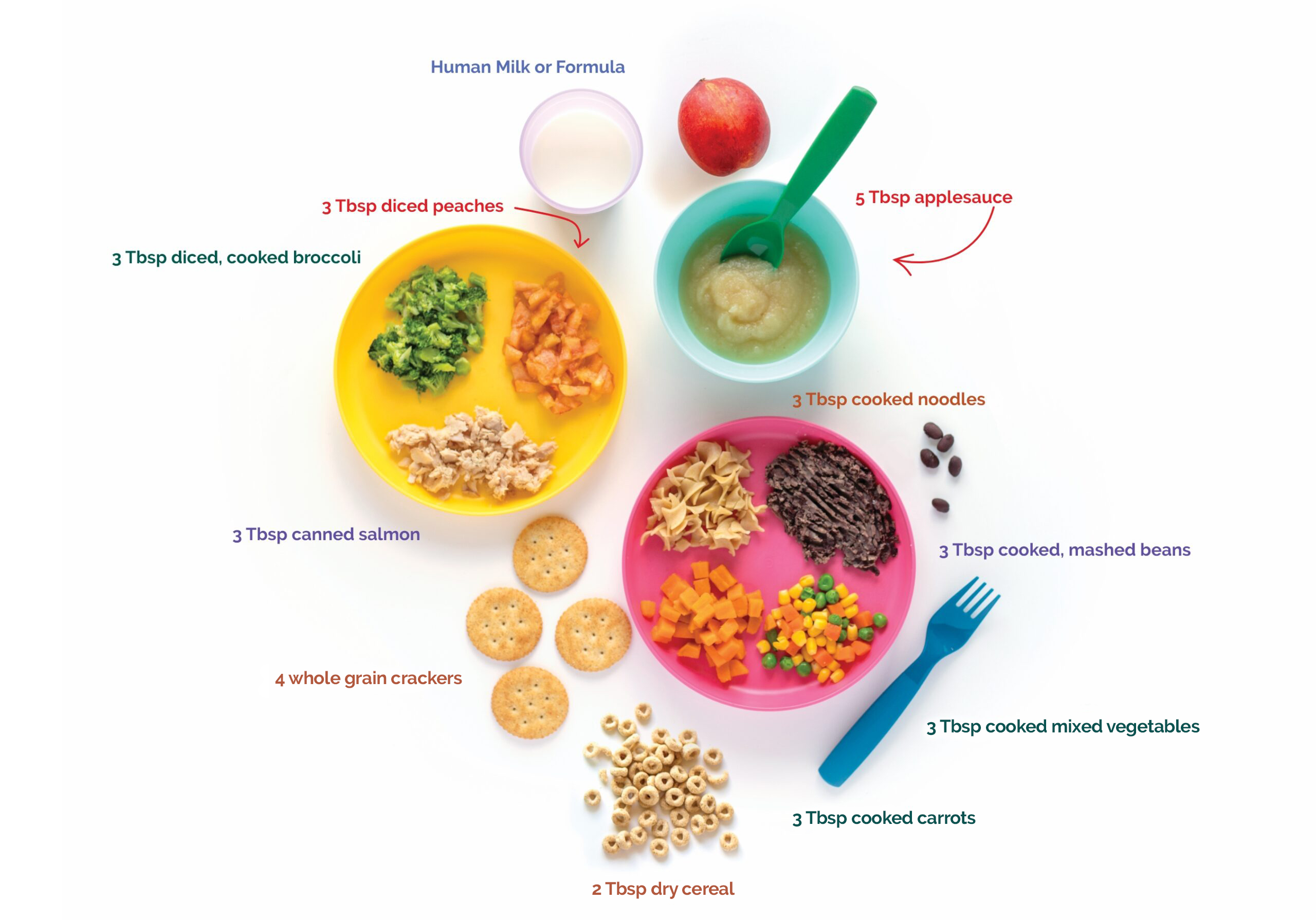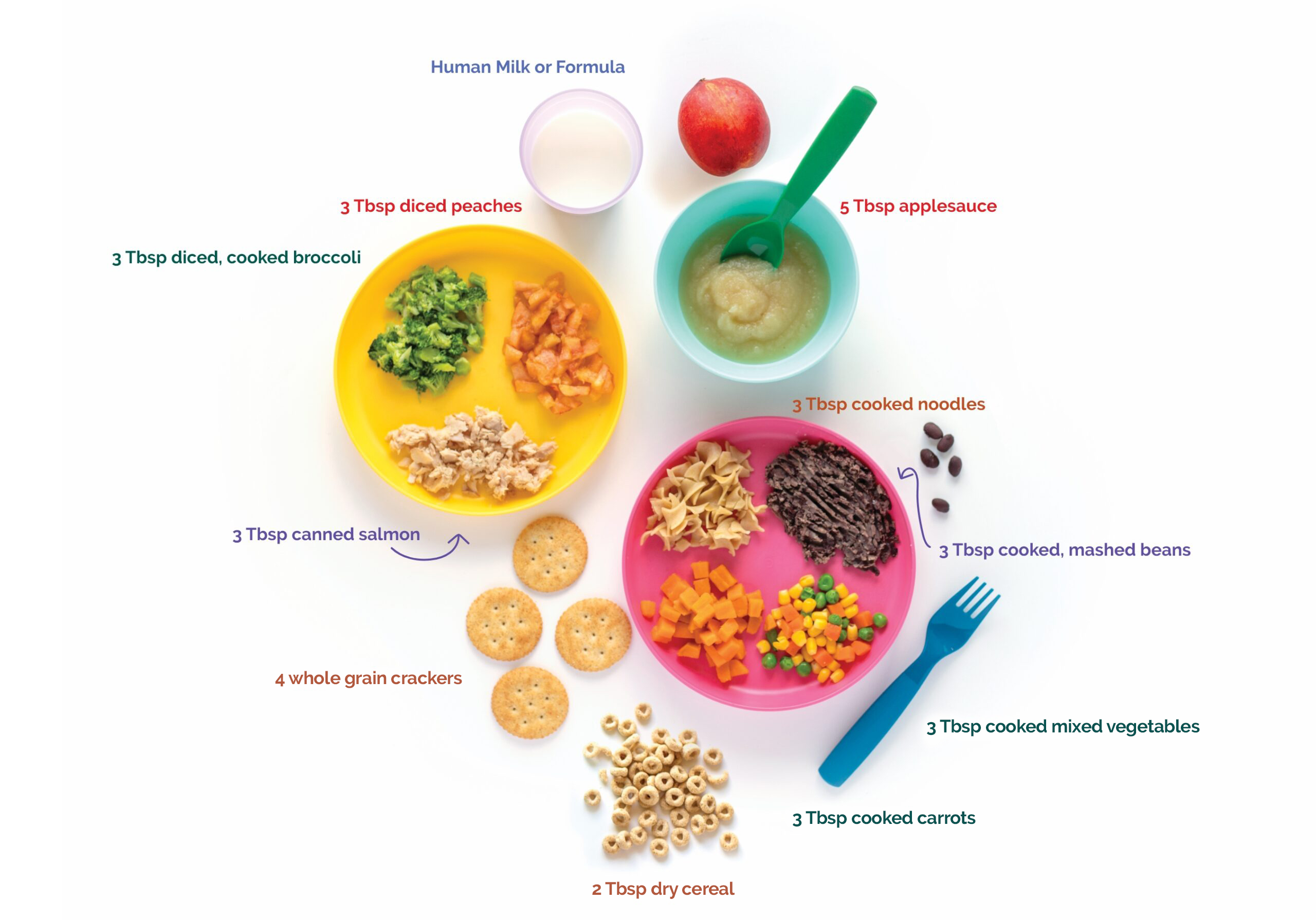
Finding Support &
Information
Many moms need help with breastfeeding. The good news is there are a lot of people you can reach out to for help and support – including WIC!
Your breastfeeding support team might include:
- WIC staff
- Your partner
- Family members and friends
- Other breastfeeding mothers
- Breastfeeding professionals
Mother-to-Mother
Support
Other breastfeeding mothers are a great source of support. They can share tips and offer good advice. They might also share personal breastfeeding stories that will inspire and reassure you.
Ways to connect with other breastfeeding mothers:
- WIC Breastfeeding Peer Counselors
Some WIC programs offer peer counselors. “Peer” means that the counselor has breastfed her own baby and can help other mothers breastfeed.
- Breastfeeding Support Groups
Ask WIC, your doctor, or other breastfeeding expert to suggest a support group.
- - WIC clinics, doctors’ offices, and hospitals often have IBCLC on staff who lead regular support group meetings
- Find a local La Leche League support group by visiting their website at www.llli.org.
- Search for a breastfeeding center near you.
These centers may offer support groups. Some resources include:
- - Nursing Mothers Advisory Council
- - Nursing Mothers, Inc.
- - BreastfeedingUSA.org
Social media sites and message boards can help you connect with other moms.
These are great support systems, but it’s best not to rely on social media for medical advice or clinical breastfeeding support. For challenges such as sore nipples or milk supply concerns, talk to WIC, your doctor, or other breastfeeding expert instead.WIC
Staff
WIC has breastfeeding experts – lactation consultants and peer counselors – who are ready to support your breastfeeding goals. WIC can answer questions and help with breastfeeding challenges.
How WIC supports breastfeeding:
- Staff answer breastfeeding questions in clinics or through the Breastfeeding Helpline
- WIC offers enhanced food packages for breastfeeding mothers and infants
- WIC provides quality breast pumps to mothers who need one
You are not alone in your breastfeeding journey. Help is just a call away!
Your Partner and
Family Members
How your partner and family members can support you:

- Cheer your breastfeeding efforts
- Hold baby skin-to-skin
- Snuggle baby so you can rest
- Read to baby
- Help you relax
- Bring you water
- Change diapers
- Give baths
- Run errands
- Cook meals
- Wash clothes
- Spend time with older children
Professionals
- International Board-Certified Lactation Consultant (IBCLC)
- IBCLCs are certified breastfeeding professionals with the highest level of knowledge and skill in breastfeeding support. Go to www.uslca.org to find an IBCLC in your area.
- Certified lactation counselor or certified breastfeeding educator
- A breastfeeding counselor or educator has special training and teaches about breastfeeding. They help women with basic breastfeeding challenges and questions.
- Baby-Friendly® Hospitals
- Baby-Friendly® Hospitals provide support for breastfeeding mothers, including:
- - Keeping mom and baby together throughout the hospital stay
- - Teaching feeding cues and breastfeeding techniques
- - Providing or linking to support after leaving the hospital
Breastfeeding In
Public
Some moms may feel uncomfortable breastfeeding in public. If this sounds like you, remember you are feeding your baby and not doing anything wrong. You are meeting your baby’s needs.
It’s not possible to stay home all the time. You can feel free to feed your baby while you are out and about. Be proud of your commitment!
Tips to help you feel more comfortable when breastfeeding in public:
- Wear clothes that allow easy access to your breasts such as nursing bras and loose or button-down shirts
- Practice at home first to make sure you are showing only what you feel comfortable with
- Use a breastfeeding cover up or receiving blanket around your shoulders
- Face the wall at a restaurant or sit in a booth
- Breastfeed in a women’s lounge or a dressing room in stores
- Place a “Do Not Disturb” sign outside the door for added privacy

There are laws in most states that protect nursing women. These laws are in place because
breastfeeding is the best choice for the health of a mother and her baby.
Click Here to see the laws in your state.
Believe in yourself and your choice to breastfeed your baby!























